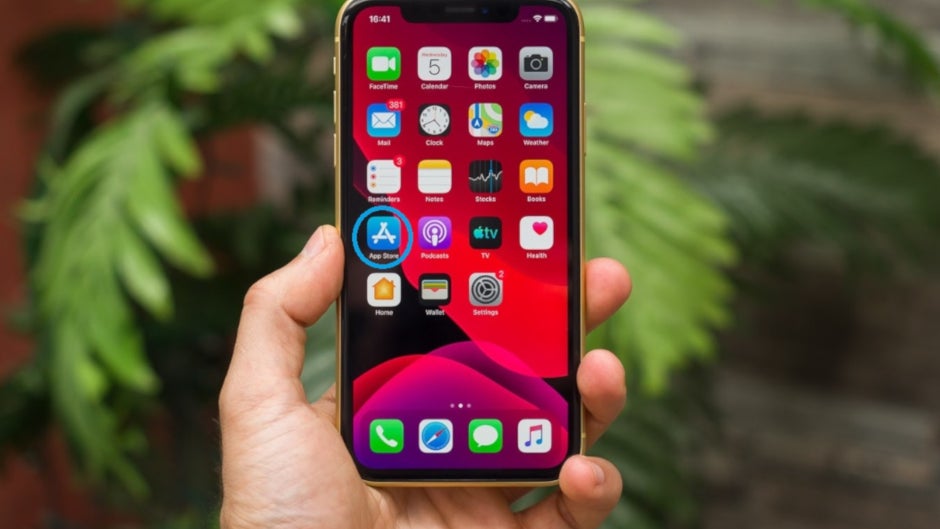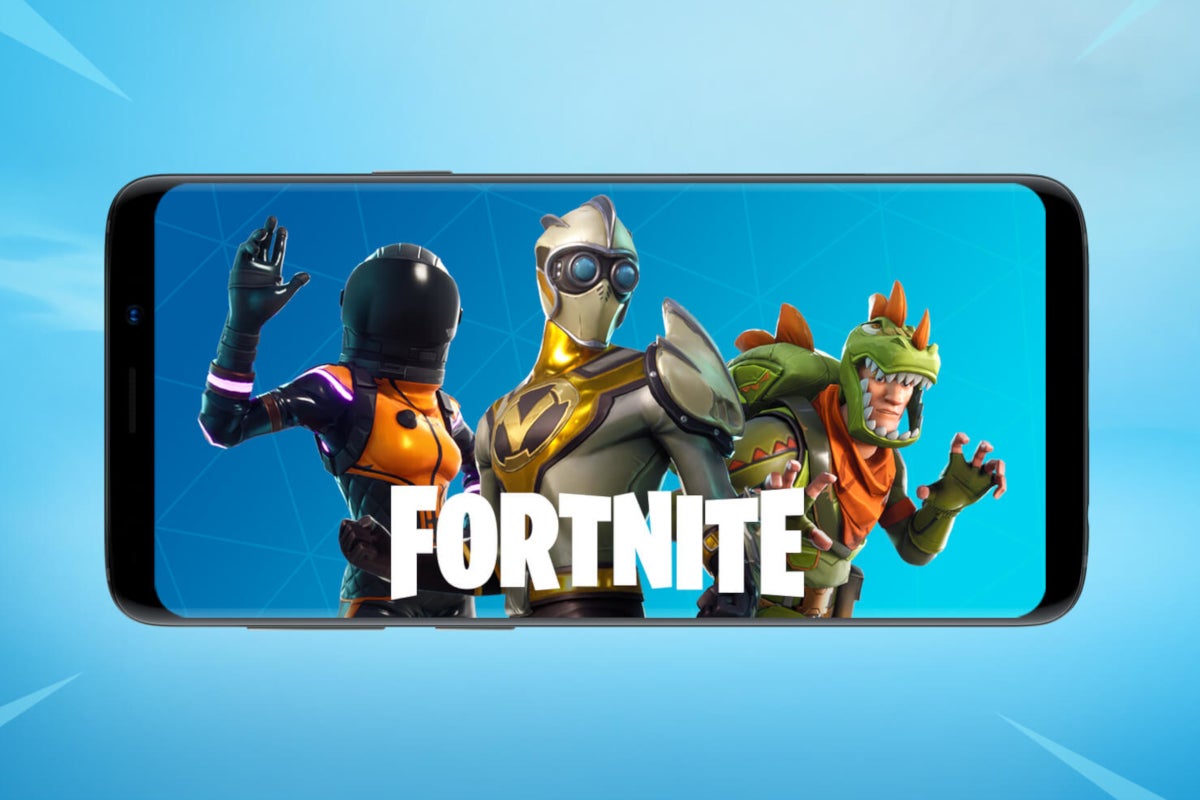Epic Games and Apple will take their battle to the courtroom next summer

According to AppleInsider, Epic and Apple held a virtual court hearing Monday at the U.S. District Court for the Northern District of California. At the end of the hearing, Judge Yvonne Gonzalez Rogers told both companies that holding a trial by jury would be the way to go. And the judge added that instead of having a group of judges make the decision, it would be better to have "regular people" make up the jury that would decide the case.
Epic Games and Apple will face off in court starting next July
Rogers believes that this could be a major case. She wrote, "They are important cases on the frontier of anti-trust law. It is important enough to understand what real people think. Do these security issues concern people, or not?" A trial could take place starting in July of next year, but Epic is not in favor of a trial by jury. Instead, the company would like to see a bench trial (a trial decided by a judge). Both sides have until today to declare if they want a trial by jury.

Apple has kicked Fortnite out of the App Store
During Monday's hearing, Judge Gonzalez Rogers took Epic to task for creating the mess that it finds itself in. The judge stated that Epic was well aware of Apple's regulations that prevent a developer from listing an app on the App Store and collecting in-app payments for it directly through the developer's own payment platform. Instead, Apple demands that all in-app payments for apps listed in the App Store go through its own in-app payment system with Apple taking a 30% cut of such payments.
When Epic first filed its preliminary statement with the court last month, it wrote, "Apple has for years used its complete monopoly over the distribution of apps to the billion users of iOS, the Apple operating system running on all iPhones and iPads, to coerce app developers into using Apple’s payment platform, In-App Purchase (IAP) for all in-app purchases of digital content used in their apps. By tying IAP to app distribution, Apple eliminates all competition in the market for in-app payment processing, allowing it to impose an exorbitant 30% "app tax" on all in-app purchases of in-app content." Apple ended up kicking Epic's popular Fortnite game off of the App Store last month.
Apple agrees with the judge, exclaiming that Epic is responsible for the problem and can easily fix things by issuing an update for the game that goes along with Apple's guidelines. Apple noted that it doesn't plan to "make an exception for Epic because we don't think it's right to put their business interests ahead of the guidelines that protect our customers." The company, as is its wont, defends its App Store by pointing out that Apple helped Epic earn "hundreds of millions of dollars from the sales of in-app content."
Apple claims that Epic is using this legal battle against it in order to generate publicity for Fortnite. Apple states that interest in the game has been waning, a claim that Epic denies. Interestingly, the developer claims that once Fortnite users are introduced to Epic's own direct payment platform, half of them prefer it to Apple's in-app system. Apple responds that the 50% are responding to the lower price for Fortnite using Epic's platform ($7) vs. the slightly higher price using Apple's payment platform ($10). That $3 difference comes from the 30% cut Apple receives.
Apple's attorneys actually had a brilliant response, noting that even with the extra $3 that App Store users pay for Fortnite over the tech giant's in-app purchasing system, 50% stick with Apple's IAP because of the safety and security associated with Apple's platform.
Both sides have appeared to have dug in their heels. Epic says that it will not make Fortnite comply with Apple's rules. This is going to be an interesting legal case with plenty of ramifications for Apple, Epic, and anti-trust law in general. Stay tuned.
Follow us on Google News












Things that are NOT allowed:
To help keep our community safe and free from spam, we apply temporary limits to newly created accounts: